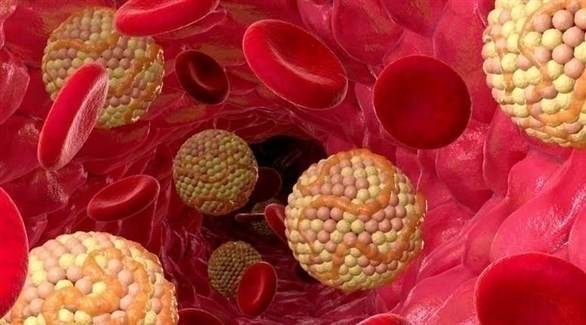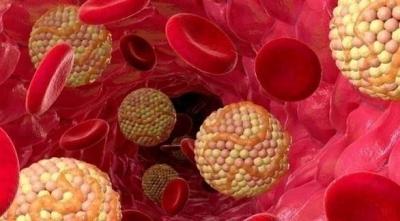Researchers in Germany have developed a new testing method to measure the levels of 184 lipid molecules in the blood, which can predict the risk of developing type 2 diabetes and cardiovascular diseases years before symptoms appear. Currently, doctors use measurements of weight, blood pressure, cholesterol, and sugar levels to assess the risk of these diseases.
Chris Lueber from Lipotype GmbH, a biotechnology company in Germany, stated, "We have demonstrated how measuring lipid concentrations in the blood can expand our toolkit for early detection of individuals at risk of diabetes and cardiovascular diseases."
According to the website "PLoS Biology," Lueber and the research team relied on data from 4,000 individuals whose health was studied in Sweden between 1991 and 2015. Blood samples from participants were analyzed using mass spectrometry to ascertain the density of lipid molecules. The analysis showed that this method is more accurate in predicting the risk of diabetes and heart disease than genetic testing and current methods.
Mass spectrometry devices used for measuring lipid profiles are available in some laboratories; however, the challenge now lies in developing a platform that can translate these promising results into a clinically applicable test that can be easily deployed on a wide scale.




